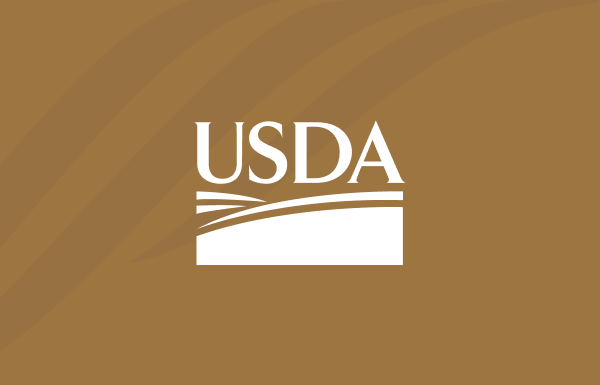Haven Stuck got his start ranching at an early age on his family’s ranch in Mellette, SD where they raised cattle, pigs and sheep. Stuck grew up working cattle and learning the difficult business of operating a sustainable agribusiness from his parents. After high school, Stuck attended SDSU where he earned a bachelor’s degree in animal science, and a master’s degree in economics. Military service then called, and Stuck spent two years serving with the U.S. Army’s Third Armored Division in Germany.
When his military service was done, Stuck enrolled in law school at USD where he worked his way through to earn his Juris Doctor. Since 1975, Stuck has been a practicing attorney with Lynn, Jackson, Shultz & Lebrun in Rapid City, but never forgot his ranching roots. He now owns and operates a cattle ranch at Caputa, SD, just outside Rapid City.
Stuck says he’s always had a big interest in renewable energy but didn’t act on that interest until he heard about USDA Rural Development’s Rural Energy for America Program (REAP). He initially looked at wind generation, but settled on solar energy, which he erected on the ranch in 2015 to help cut down on his electrical costs. The solar system Stuck installed now provides a portion of the power used at the ranch for the water system, calving facilities, sheds, heated shop and manager’s quarters.
Stuck received a 25% grant from the REAP program to help pay for his solar panel project which now produces enough electrical energy to save him almost half his annual electric usage on the ranch. West River Electric, the Stuck ranch utility provider, buys back any excess energy produced by Stuck’s solar system, which even in the winter months, continues to produce electrical energy. Since its installation, Stuck’s solar array has produced a total of 24,740 kilowatt hours of energy—more than enough to have fully-powered a home for two years.
REAP also provides an opportunity for eligible applicants to borrow money for energy-efficiency or renewable energy projects from local lenders, who may then apply for federal guarantees on those loans. REAP is a competitive national program with two yearly competitions: October 31st for grants of less than $20,000 (total project costs of less than $80,000); and March 31st for any size grant/project up to the maximums of $1 million total project costs for energy-efficiency improvements, and $2 million total project costs for renewable energy systems. Minimum project costs of $6,000 for energy-efficiency improvements and $10,000 for renewable energy systems also apply.
Questions about the REAP program may be directed to the South Dakota Energy Coordinator, Jolene Pravecek, at (605) 655-3516 or jolene.pravecek@sd.usda.gov; or to your local Rural Development Business Specialist.

